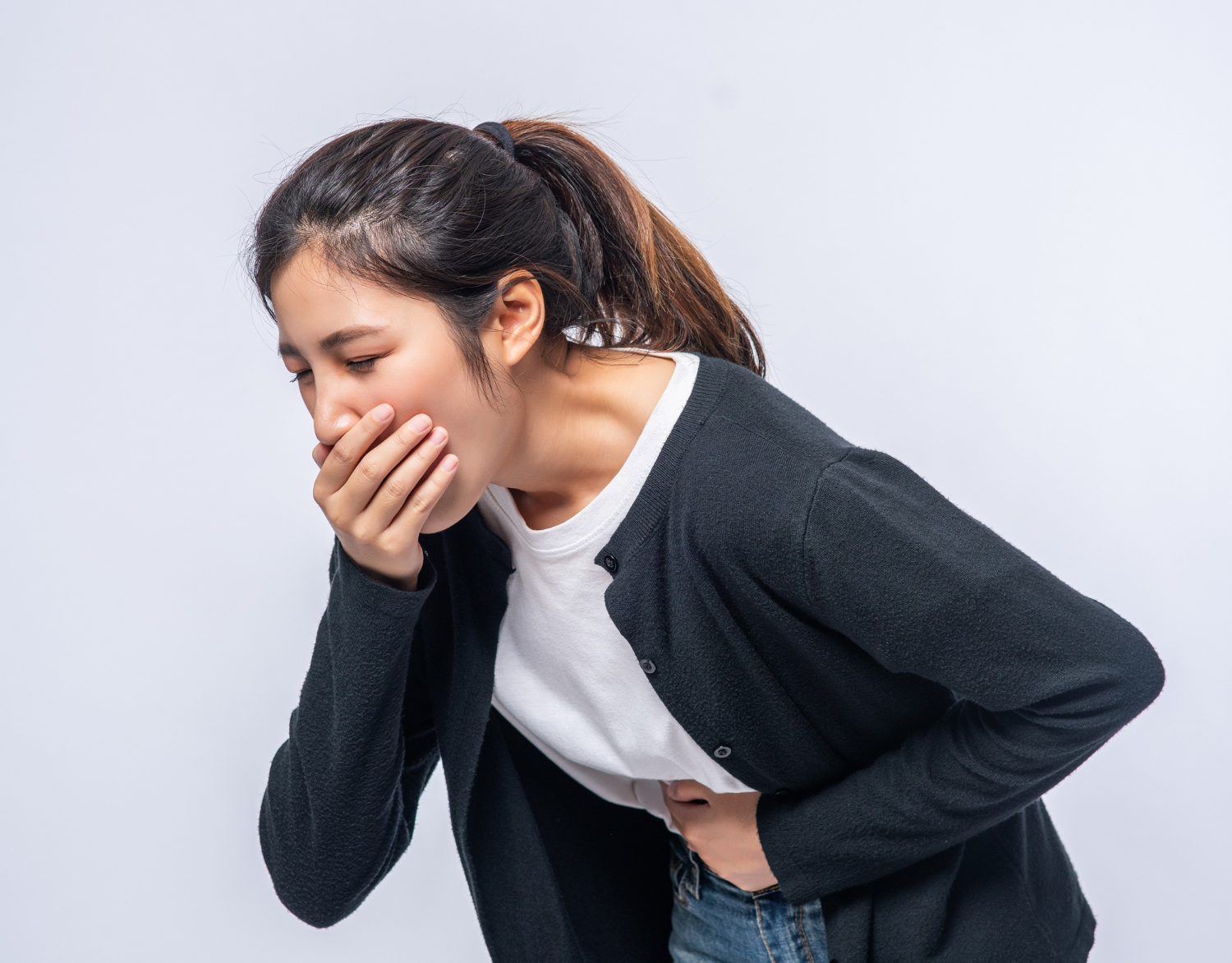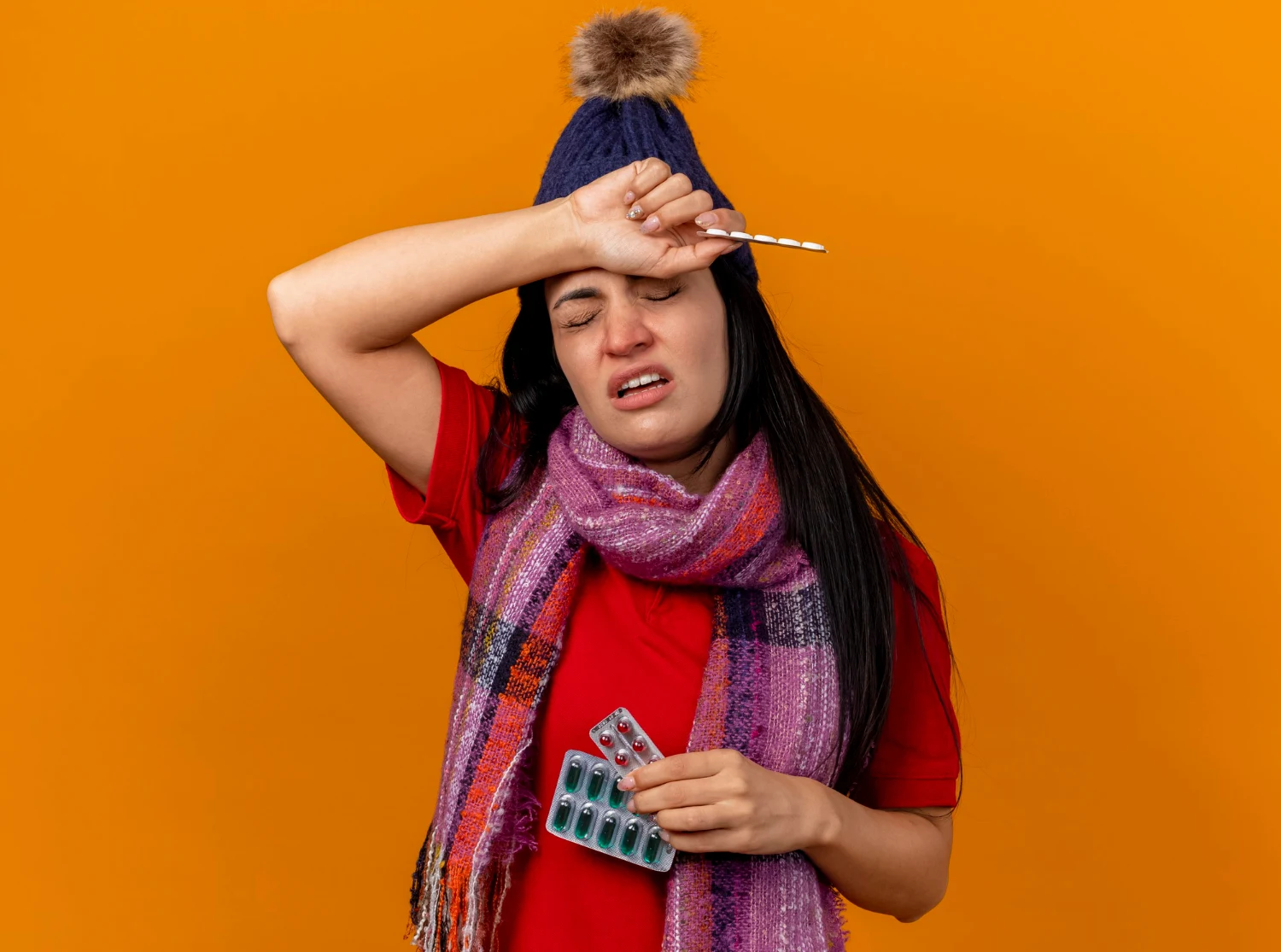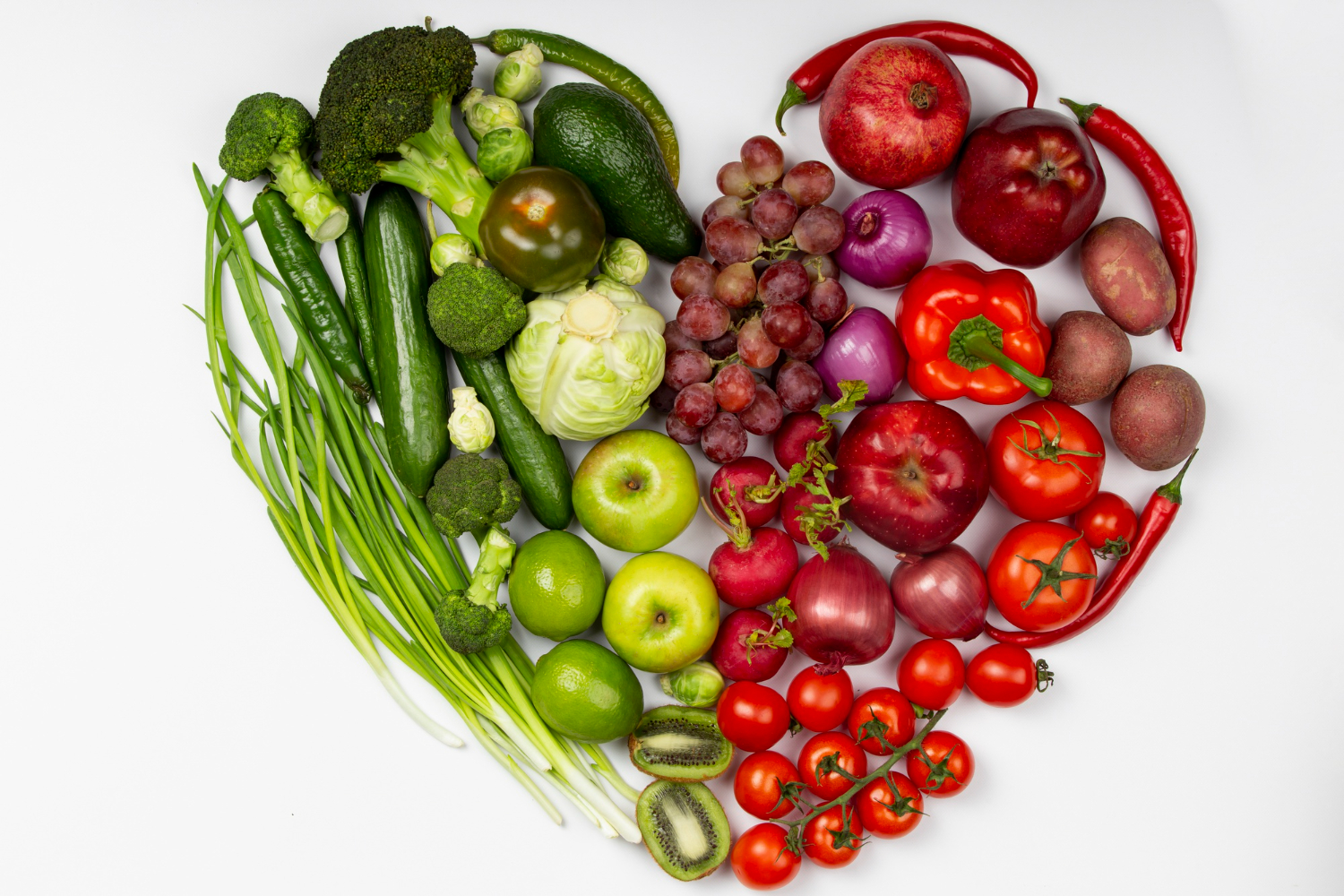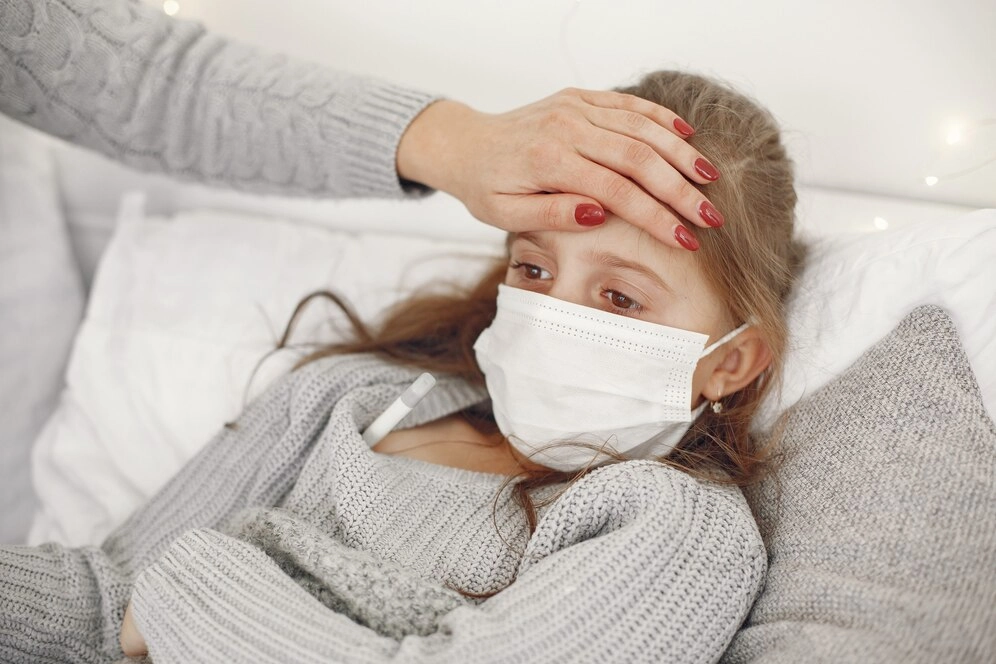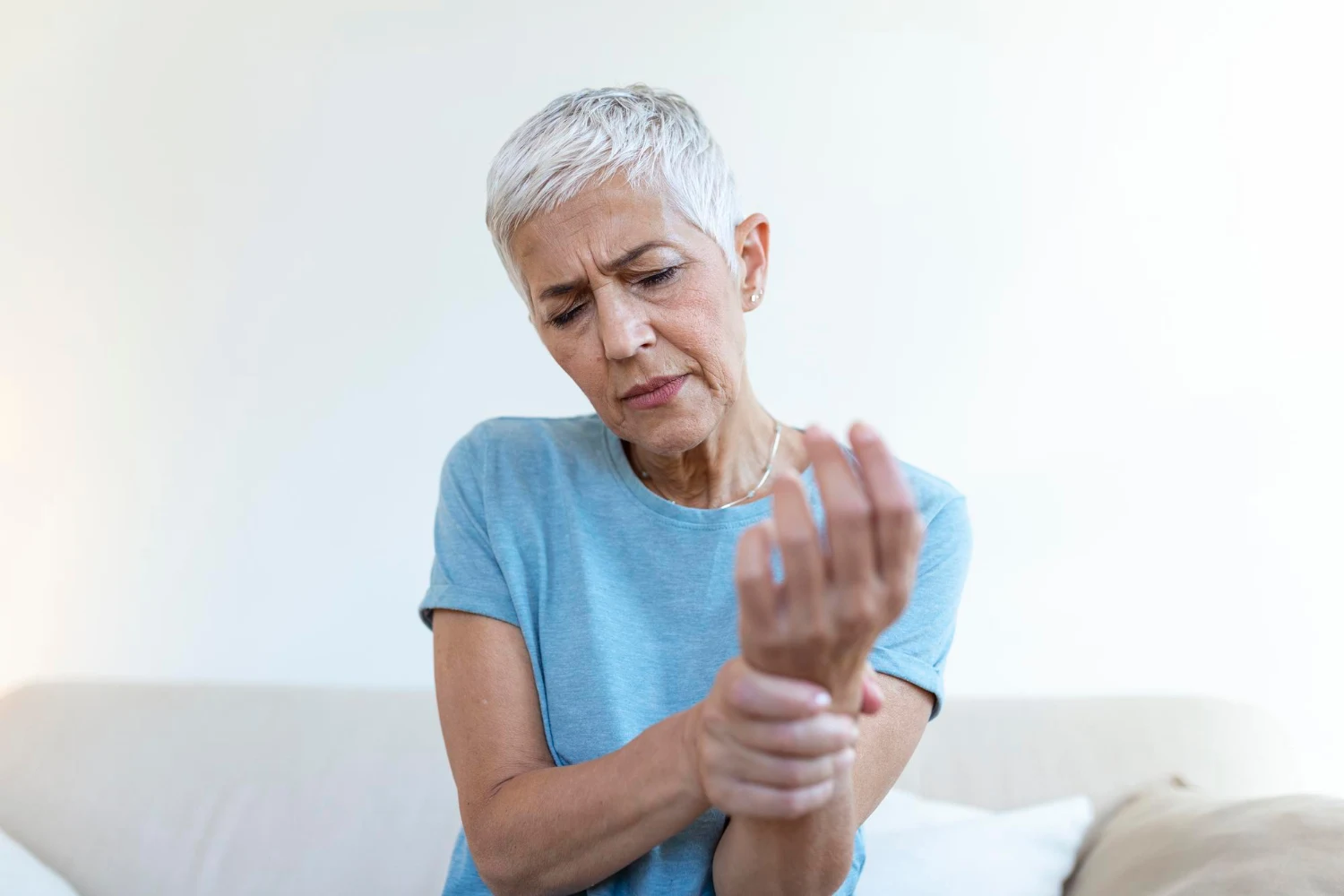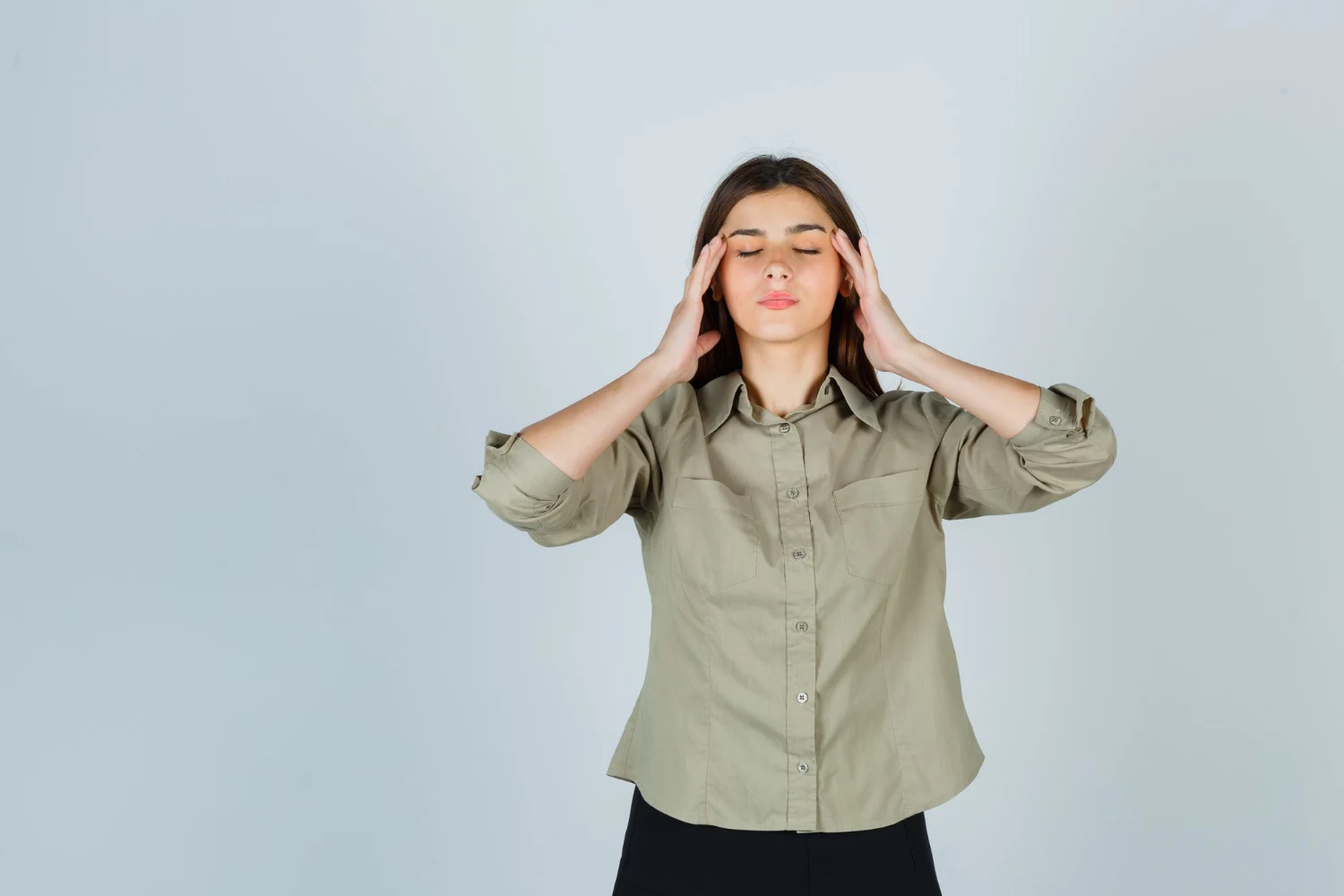Why is Food Poisoning More Common During Monsoon and How Can I Prevent It?
Category: General medicine
The monsoon in India is a season of joy, festivals, and the earthy aroma of rain-soaked soil. But along with the beauty of the rains comes a spike in food-related illnesses, especially food poisoning. The mix of high humidity, fluctuating temperatures, and frequent water contamination creates the perfect breeding ground for bacteria, viruses, and other harmful microorganisms. These pathogens can easily enter our food and water, increasing the risk of sickness. Understanding why food poisoning is so common in this season and knowing how to protect yourself will help you enjoy the monsoon without health worries.
Why Food Poisoning Rises During Monsoon
Monsoon weather is humid and damp conditions that allow bacteria like E. coli, Salmonella, and Shigella to multiply rapidly. Food left at room temperature, especially cooked dishes, spoils much faster than in other seasons. Street food vendors may not have access to clean water or proper storage, increasing contamination risk. Additionally, heavy rains can cause flooding, which sometimes leads to sewage mixing with drinking water pipelines. The result is a sharp rise in waterborne infections. People are also more likely to enjoy outdoor treats during festivals and gatherings, unknowingly exposing themselves to unhygienic food handling practices.
Common Sources of Contamination
During monsoon, contamination risks are higher because both food and water become more vulnerable to pollutants. Water contamination occurs when rainwater runoff mixes with sewage, chemicals, or waste, entering water supplies. Street food, though delicious may be stored in open containers, exposed to flies and dust. Raw vegetables, leafy greens, and cut fruits sold in markets are often washed in unsafe water. Even at home, cooked food spoils faster if not refrigerated quickly. Dairy products, seafood, and meat are also at higher risk of spoiling. Being aware of these sources helps you take steps to avoid contaminated food.
Symptoms You Should Watch Out For
Food poisoning symptoms usually appear within a few hours to a day after eating contaminated food or drinking unsafe water. Watch for these signs:
- Nausea – Feeling uneasy or sick in the stomach.
- Repeated vomiting – Frequent throwing up, which can lead to dehydration.
- Stomach pain and cramps – Sharp or dull abdominal pain.
- Diarrhoea – Loose or watery stools, sometimes several times a day.
- Fever – Mild to high fever indicating infection.
- Weakness and fatigue – Low energy due to fluid and nutrient loss.
- Signs of dehydration – Dry mouth, dizziness, reduced urination.
Seek medical help immediately if you experience:
- Continuous vomiting
- High fever
- Blood in stools
- Severe dehydration
How to Prevent Food Poisoning During Monsoon
Prevention is the best protection during monsoon. Start by drinking only boiled or filtered water to reduce the risk of waterborne infections. Eat freshly cooked meals instead of reheated or stored food. Avoid street food like chaat, golgappa, and fried snacks during the rainy season, as they are often prepared in open conditions. Wash fruits and vegetables thoroughly with clean water before eating. Store cooked food in airtight containers and refrigerate it quickly. Avoid raw seafood and undercooked meat. These simple measures can go a long way in keeping you and your family safe.
Home Remedies and First Aid
If you experience mild food poisoning, home care can help until symptoms improve. Drink plenty of fluids like ORS, coconut water, or lemon water with salt and sugar to prevent dehydration. Eat light meals such as khichdi, dal rice, or curd rice, which are gentle on the stomach. Ginger tea can help reduce nausea, while plain curd or buttermilk can support gut recovery. Avoid oily, spicy, or heavy food until you feel better. However, if symptoms persist for more than a day or worsen, seek medical help at hospitals like Lokmanya Hospitals to avoid complications.
Conclusion
The monsoon season is a time of joy, but it requires extra attention to food and water safety. Simple preventive steps such as drinking safe water, avoiding unhygienic food, and storing meals properly can help protect you from food poisoning. At the first sign of illness, timely medical care is crucial for quick recovery. Lokmanya Hospitals offer expert treatment for foodborne illnesses, ensuring you can return to enjoying the season in good health.
FAQs
1. Why does food spoil faster in monsoon?
Food spoils faster because humidity encourages bacterial growth. The moist environment allows microorganisms to multiply quickly, especially in cooked food left outside. This is why refrigeration and proper storage are important during monsoon.
2. Can I eat street food during monsoon?
It’s safer to avoid street food in the rainy season. Open-air preparation and lack of clean water make it easy for food to get contaminated. Opt for freshly cooked meals at home instead.
3. What are the early signs of food poisoning?
Early signs include nausea, stomach pain, vomiting, and diarrhoea. You may also feel feverish or weak. These symptoms can appear within hours of eating contaminated food.
4. How can I keep water safe for drinking?
Boil water for at least 5 minutes or use a certified water filter. During monsoon, water supply can get contaminated, so treating your water is essential to prevent illness.
5. Is it okay to eat leftovers during monsoon?
You can eat leftovers if they are refrigerated promptly and reheated thoroughly. Food left outside for more than two hours should be avoided, as bacteria grow quickly in humid weather.
6. Can children get food poisoning more easily?
Yes, children are more vulnerable because their immunity is still developing. Even mild infections can cause dehydration quickly, so prompt care is important.
7. When should I see a doctor for food poisoning?
Seek medical help if symptoms are severe or persistent. Continuous vomiting, high fever, dehydration, or blood in stools are warning signs that require urgent attention.
8. Are fruits safe to eat in the rainy season?
Fruits are safe if washed properly with clean water and consumed fresh. Avoid pre-cut fruits sold in open areas, as they are often exposed to dust and flies.
9. What is the role of Lokmanya Hospitals in treating food poisoning?
Lokmanya Hospitals provide expert diagnosis, IV fluids, medications, and supportive care. Their experienced doctors ensure quick treatment and help prevent complications.
10. Can probiotics help during recovery?
Yes, probiotics like curd and buttermilk can support gut health after recovery. They help restore the balance of good bacteria in the digestive system.

